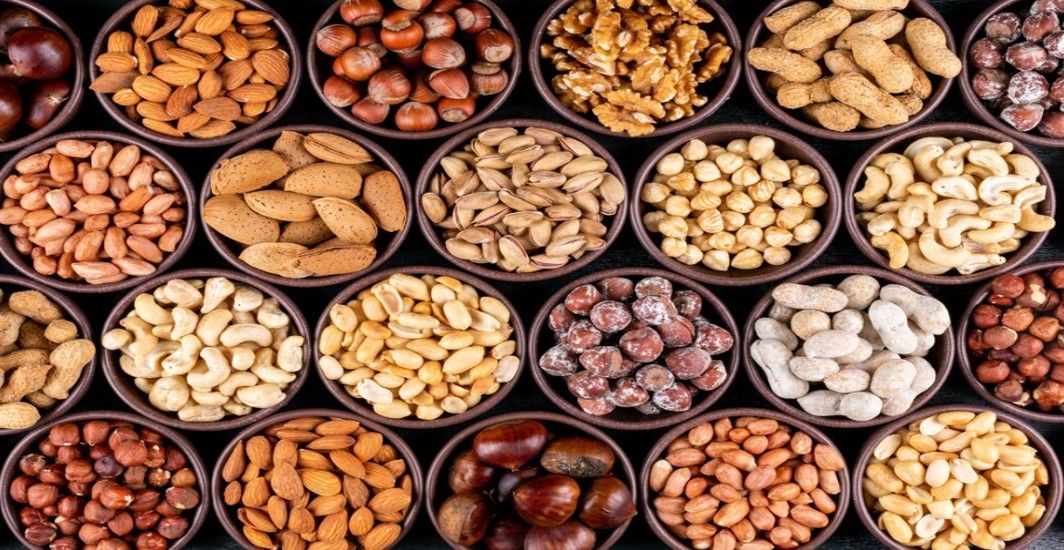Diabetes Management
Log. Track. Learn- Here’s How You Can Simplify Your Diabetes Management
3 min read
By Apollo 24|7, Published on - 05 October 2023
Share this article
0
0 like
_0.jpg?tr=q-80)
Managing diabetes may appear complex and challenging, but with the right tools and strategies, it can be a manageable and stress-free journey. While keeping a close eye on your sugar levels, watching what you eat and understanding your condition may appear tough, it is the key to leading a healthier life. We at Apollo 24|7 understand this, and with our diabetes self-management tool, we are here to simplify your diabetes management. Here’s how:
Keeping a Log of Your Glucose Levels Made Easy
Logging glucose values is vital for diabetes management as it allows individuals to track their blood sugar levels over time, identify trends, and make informed decisions about their treatment and lifestyle. With regular monitoring on our app, you can avoid extreme highs and lows, reduce the risk of complications, share your reports and ensure better overall health. It empowers you to adjust medications, diet, and exercise effectively, ultimately leading to improved blood sugar control and a higher quality of life.
Track Your Physical Activity
Tracking physical activity provides insights into exercise routines, helping individuals set and achieve fitness goals. On our app, you can monitor daily steps, distance, and calories burned to achieve better blood sugar control. Lead an active lifestyle, improve insulin sensitivity, and ensure your overall well-being.
Sync Your Glucometer
You can easily sync your glucometer with our digital platform to streamline diabetes management by automating data entry. Ensure a real-time, accurate tracking of blood sugar levels and reduce the risk of errors. This seamless process shall allow for better communication with healthcare providers and facilitate timely adjustments to treatment plans, leading to improved diabetes control.
Know Your Food
Understanding how meals affect your blood sugar levels is crucial for helping you identify which foods cause spikes or dips in your sugar levels, helping you make informed dietary choices. You can also use the ‘Know Your Food’ section in our tool to find healthier alternatives to your favourite dishes and create balanced meal plans tailored to your dietary preferences and restrictions.
Stay Informed
Understanding about topics that might affect your daily life is important to stay on top of your condition. We aim to do just that via Health Bites, wherein we try to cover various aspects of diabetes via concise blogs. Whether you're looking for dietary tips, practical management strategies, or the latest developments in the field, Health Bites has got you covered. To make your learning experience quick, engaging, and informative, we keep each piece under 100 words.
Conclusion
Managing diabetes can indeed be complex, but it doesn't have to be overwhelming. With the right tools and strategies, diabetes management can become a more straightforward and stress-free journey.
Diabetes Management
Consult Top Diabetologists
View AllLeave Comment
Recommended for you

Diabetes Management
What Are The Best Nuts To Eat For A Diabetic?
Nuts are small but mighty when it comes to managing diabetes. Almonds, walnuts, pistachios, peanuts, macadamia nuts, and cashews offer unique benefits from boosting insulin sensitivity to promoting heart health. However, moderation is key, as these wholesome foods are calorie-dense. For a more comprehensive plan to manage your diabetes effectively, consider joining the Apollo Super6 programme.

Diabetes Management
Combatting Prediabetes with Weight Loss: Your Action Plan
A diagnosis of prediabetes doesn't mean diabetes is inevitable. Simple changes, such as weight loss, can significantly reduce your risk. The key lies in proper nutrition, achievable goals, regular physical activity, and expert guidance. With these tools in hand, you can transform prediabetes from a threat into an opportunity for healthier living.
.jpg?tr=q-80)
Diabetes Management
The Diabetes-Sleep Connection: Impact on Blood Sugar Levels
Diabetes management is not just about diet and medication but also about understanding the role of sleep. It's essential to understand how sleep impacts blood sugar levels. Lack of sleep can lead to higher blood sugar levels, and conversely, unstable glucose levels can disrupt sleep. Ensuring adequate rest, consistent sleep schedules, and good sleep hygiene can help manage diabetes effectively.
Subscribe
Sign up for our free Health Library Daily Newsletter
Get doctor-approved health tips, news, and more.
Visual Stories

8 Fruits That are Incredibly Healthy for Diabetes
Tap to continue exploring
Recommended for you

Diabetes Management
What Are The Best Nuts To Eat For A Diabetic?
Nuts are small but mighty when it comes to managing diabetes. Almonds, walnuts, pistachios, peanuts, macadamia nuts, and cashews offer unique benefits from boosting insulin sensitivity to promoting heart health. However, moderation is key, as these wholesome foods are calorie-dense. For a more comprehensive plan to manage your diabetes effectively, consider joining the Apollo Super6 programme.

Diabetes Management
Combatting Prediabetes with Weight Loss: Your Action Plan
A diagnosis of prediabetes doesn't mean diabetes is inevitable. Simple changes, such as weight loss, can significantly reduce your risk. The key lies in proper nutrition, achievable goals, regular physical activity, and expert guidance. With these tools in hand, you can transform prediabetes from a threat into an opportunity for healthier living.
.jpg?tr=q-80)
Diabetes Management
The Diabetes-Sleep Connection: Impact on Blood Sugar Levels
Diabetes management is not just about diet and medication but also about understanding the role of sleep. It's essential to understand how sleep impacts blood sugar levels. Lack of sleep can lead to higher blood sugar levels, and conversely, unstable glucose levels can disrupt sleep. Ensuring adequate rest, consistent sleep schedules, and good sleep hygiene can help manage diabetes effectively.
